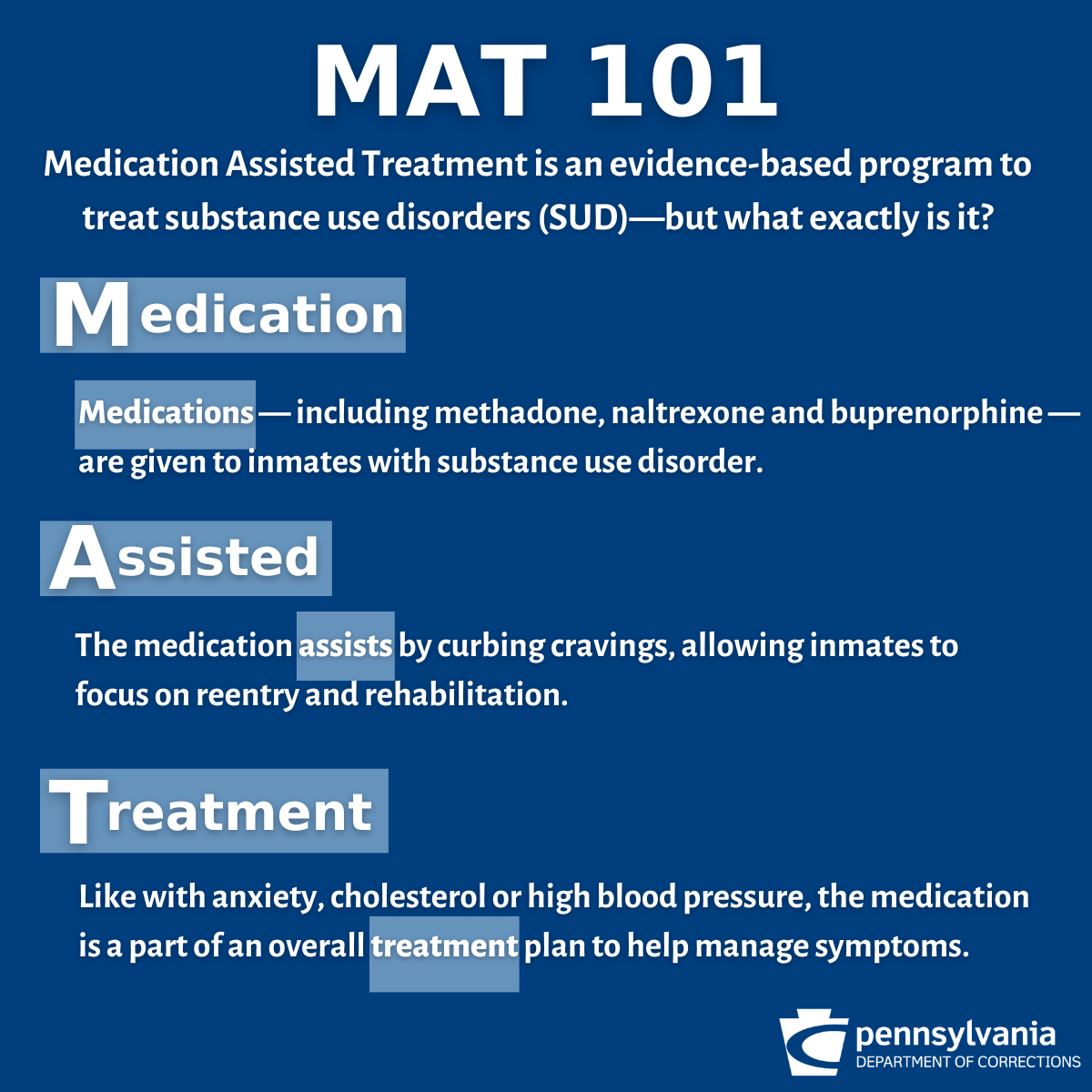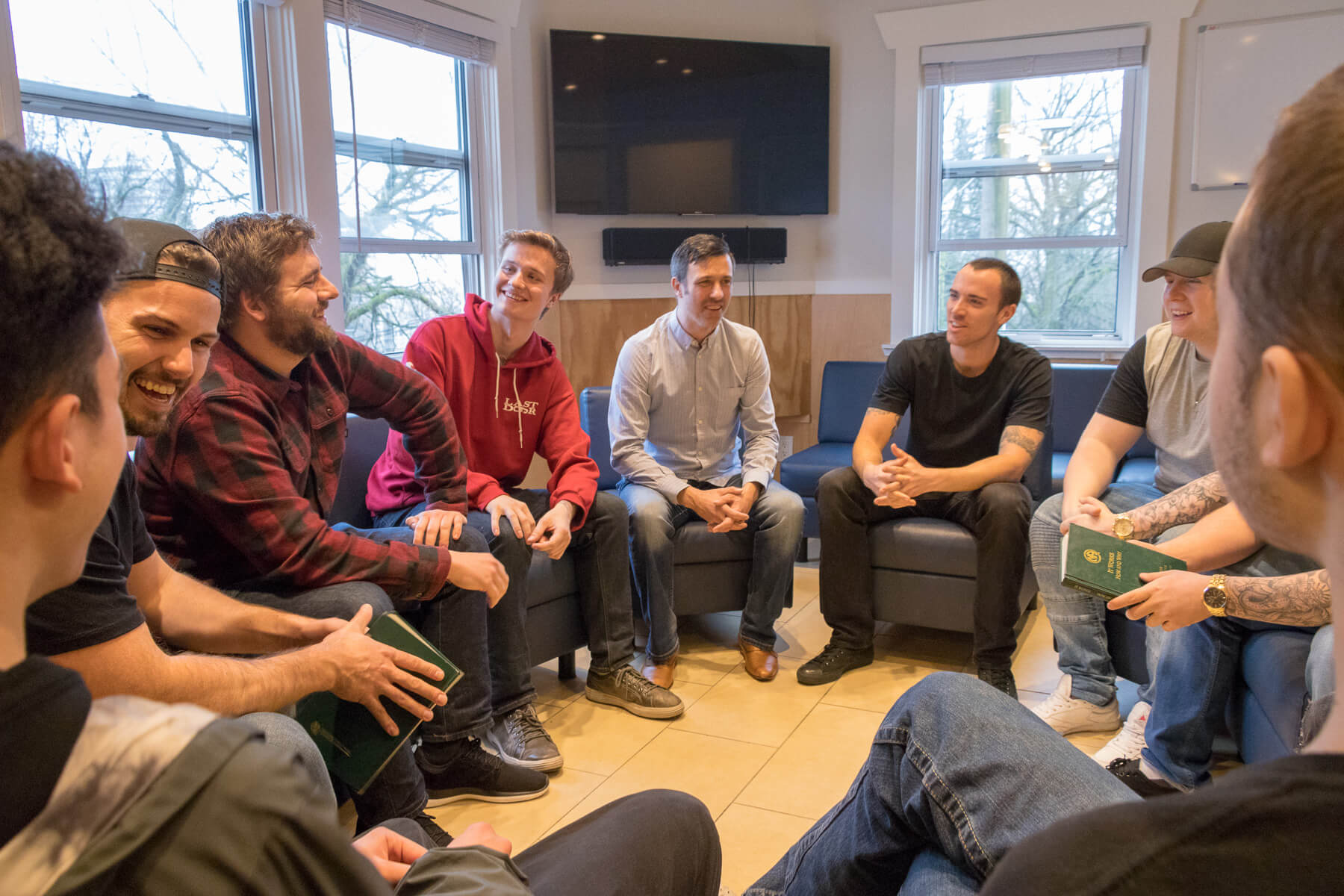A Biased View of How Methylation Affects Mental Health
We all require enough sleep, and the right type of sleep, to be pleased and healthy. In the long run, not getting sufficient sleep can affect our state of minds in addition to our physical wellbeing. how food affects mental health. There are great deals of things you can.
try to improve your sleep quality and amount. But if you try these things and you still can't sleep, talk to your GP - how mess affects our mental health. Information about a treatment, service, item or treatment does not in any way endorse or support such therapy, service, item or treatment and is not meant to change suggestions from your physician or other registered health professional.

, stabilize, and recover itself. A research study published in Science found that the brain cells of mice might really shrink throughout this procedure to accommodate the volume of liquid streaming in and out of the brain, which appears to assist clean out waste. The cells then appear to broaden as soon as the mice wake up. These findings support a later research study that revealed sleep deprivation had a dampening result on brain cell activity. Waste develop and sluggish nerve cell signals often trigger reduced decision-making skills, reaction times, and thinking capabilities. Keeping a healthy diet isn't easy if you're not getting enough sleep. Throughout sleep deprivation, the body releases greater quantities of the appetite hormone ghrelin while launching less of the satiety hormone leptin. When you consume these foods, your brain gets more benefits than usual, causing you to crave them much more. Appetite modifications are one of the factors that lengthened sleep deprivation might lead to unwanted weight gain and diabetes. While you sleep, your body immune system gets to work charging itself and making antibodies. Once you get sick, a body immune system depressed by sleep deprivation takes longer to eliminate off infection. Your body immune system health can also be affected by bad sleep quality. The immune system goes to work charging itself and combating infection while you're in the inmost levels of sleep. If time is interrupted or you experience wakefulness throughout the night, the body immune system does not get the time it needs to remain healthy. Swellings, valleys, and even tags on your bed mattress could cause wakefulness. If persistent discomfort is an issue, you may need a mattress that's developed for your favored sleep position. Today, you can investigate and purchase mattresses online and have them provided to your door to make this process much easier. Other environmental factors like noise, light, and room temperature could also hinder your sleep. Many people sleep more easily in a room kept between 60 to 68 degrees to allow the natural drop in body temperature at the start of sleep. By making sleep a top priority, you offer yourself the chance to get the rest that your body and mind require. With the best environment and consistent effort, a better night's sleep is only a great night's rest away.
Her preferred research study topics are health and health, so Amy's a regular reader of Scientific American and Nature. She enjoys taking naps throughout thunderstorms and snuggling up with a blanket, book, and cats. SOURCES: Maddox, W.T. Sleep, 2009; vol 32: pp 1439-1448. Taylor, D.J. Sleep, Nov. 1, 2005; vol 28: pp 1457-1464. National Sleep Foundation:" 2009 Sleep in America Survey Highlights and Key Findings,"" 2002 Adult Sleep Behaviors, "" Teenagers and Sleep.
Everything about How Drug Use Affects Mental Health
" National Institute of Neurological Disorders and Stroke:" Brain Essentials: Understanding Sleep." WebMD Feature:" The Toll of Sleep Loss in America. "NIH National Heart, Lung and Blood Institute:" Your Guide to Healthy Sleep." Barry Krakow, MD, medical director, Maimonides Sleep Arts and Sciences, Ltd., Albuquerque, N.M.; author, Noise Sleep, Sound Mind: 7 Keys to Sleeping Through the Night. Allison T. Siebern, PhD, fellow, Sleeping disorders and Behavioral Sleep Medication Program, Stanford University School of Medication, Sleep Medication Center, Redwood City, Calif. U.S. Department of Health and Person Providers:" Your Guide to Healthy Sleep." WebMD Medical Referral:" Sleep 101." National Highway Traffic Security Administration:" Drowsy Driving and Car Crashes.". Sleep is not just' time out 'from our hectic regimen.
The majority of us require to sleep well to help our bodies recuperate from the day and to permit healing to occur. But with progressively busy lives it's approximated that we now sleep around 90 minutes less each night than.

we carried out in the 1920s. Lack of sleep can make us feel physically unwell in addition to stressed and anxious, and researchers likewise think that it contributes to heart problem, early aging and road accident deaths. There are more than 80 different sleep issues noted in the medical textbooks, ranging from the inability to get to sleep( insomnia )to the failure to stay awake( narcolepsy ). But sleep problems can also be a symptom of other conditions, such as an issue with your thyroid gland or depression, so it's worth seeing your GP if your sleeping issues continue. Sleeping disorders is the most typical sleep condition, impacting an estimated 20% of individuals. Common signs are: issues dropping off to sleep problems staying asleep( so that you wake up numerous times each night )awakening prematurely daytime sleepiness, stress and anxiety, impaired concentration and memory and irritation Short-term insomnia, lasting for a few nights or a couple of weeks, typically affects https://how-long-does-cocaine-take-to-get-out-of-your-system.drug-rehab-florida-guide.com/ individuals who are briefly experiencing several of the following: tension change in ecological noise levels extreme modification in temperature a different routine, maybe due to jet lag side impacts from medications Chronic sleeping disorders, lasting for a month or longer, often results from a mix of factors that in some cases include underlying physical or mental health problems. Narcolepsy is a brain disorder that upsets how the body controls your sleep patterns. One of the main symptoms is excessive sleepiness- victims can go to sleep at work, talking or driving a cars and truck. These' sleep attacks' can last from 30 seconds to more than 30 minutes, no matter how much sleep you are getting at night. The individual will stop breathing briefly at periods during the night, which wakes them up briefly- continuously disrupting their rest. People with sleep apnoea awaken to breathe numerous times throughout the night, which makes them very worn out throughout the day. Usually they aren't mindful of these brief awakenings.
